- Revenue Cycle Management
- COVID-19
- Reimbursement
- Diabetes Awareness Month
- Risk Management
- Patient Retention
- Staffing
- Medical Economics® 100th Anniversary
- Coding and documentation
- Business of Endocrinology
- Telehealth
- Physicians Financial News
- Cybersecurity
- Cardiovascular Clinical Consult
- Locum Tenens, brought to you by LocumLife®
- Weight Management
- Business of Women's Health
- Practice Efficiency
- Finance and Wealth
- EHRs
- Remote Patient Monitoring
- Sponsored Webinars
- Medical Technology
- Billing and collections
- Acute Pain Management
- Exclusive Content
- Value-based Care
- Business of Pediatrics
- Concierge Medicine 2.0 by Castle Connolly Private Health Partners
- Practice Growth
- Concierge Medicine
- Business of Cardiology
- Implementing the Topcon Ocular Telehealth Platform
- Malpractice
- Influenza
- Sexual Health
- Chronic Conditions
- Technology
- Legal and Policy
- Money
- Opinion
- Vaccines
- Practice Management
- Patient Relations
- Careers
Book Review: 'Andy Warhol Was a Hoarder'
A new book uses interviews, historical records, and new information to diagnose mental health problems and disorders of celebrities and other influential people.
Most doctors’ waiting rooms I’ve enjoyed, or rather suffered, have not been distinguished by their reading material—neither by the publications’ freshness nor their editorial content. But since their mailing labels suggest they first saw the light in the physicians’ personal mail boxes not many popular gossip publications like People magazine can be found strewn around elitist doctors’ offices.
In short, we do not know much about those figures around which the world seems to revolve for many of our patients—our celebrities. We do not know — Gasp! – who is divorcing in Hollywood or which politician is probably heading for prison.
Yet it turns out that though some people such as the Kardashians and, before them, the Gabors, are famous for being famous, lots of persons have had extraordinarily interesting lives and triumphed despite flaws based mostly on mental ill-health. Science writer Claudia Kalb, a former senior writer at Newsweek, has investigated those lives and given us a fascinating, well documented evaluation.
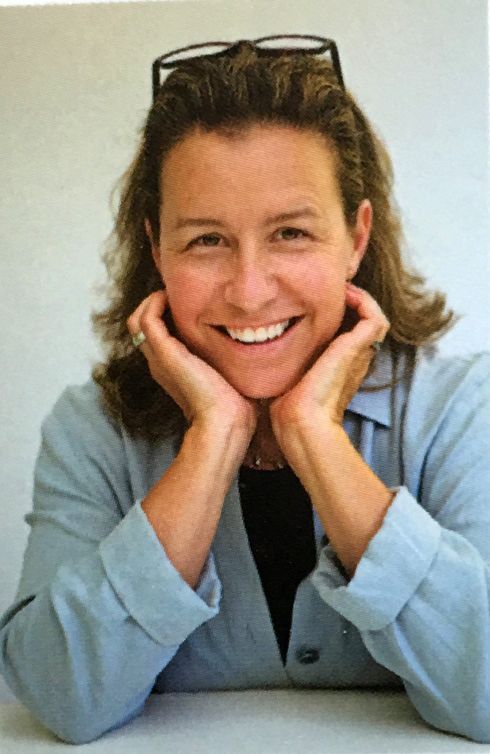
The author.
Discussing her book last month on the website of the National Association of Science Writers, Kalb started by identifying “two categories of historical figures: those who’d gone public with their own challenges, and those who’d been retrospectively diagnosed by medical experts.” Then her work began: letters, journals, diaries, conversations with subjects’ colleagues, co-workers and friends, discussions with families, and interviews with mental health professionals. She stresses that, if in the final analysis findings were inconclusive she took care to let them remain that way. Despite that, several pseudo-intellectuals writing petulantly on the NPR Books page criticized her research and understanding because she wasn’t a psychiatrist. That she isn’t may be why the book is so easy to understand and enjoy. She seemingly can make any subject interesting from her Newsweek columns in 2010 How We Can Prevent Medical Errors to similarly dated ruminations on When Baseball and Psychoanalysis Mix.
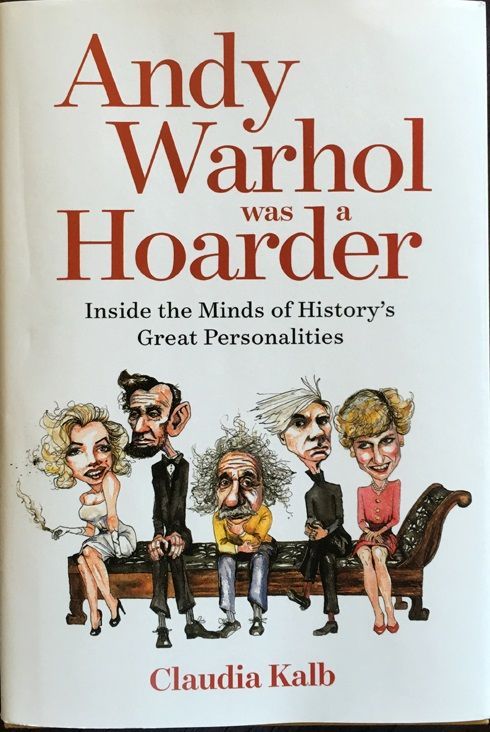
Left to right: Marilyn Monroe, Abraham Lincoln, Albert Einstein, Andy Warhol, Princess Diana
But there was really no warning before the National Geographic Society published her book in early 2016 that she could stretch to a dozen detailed assessments on such disparate persons as Frank Lloyd Wright, Christine Jorgensen, and Charles Darwin — and make the comprehensive details both interesting and entertaining.
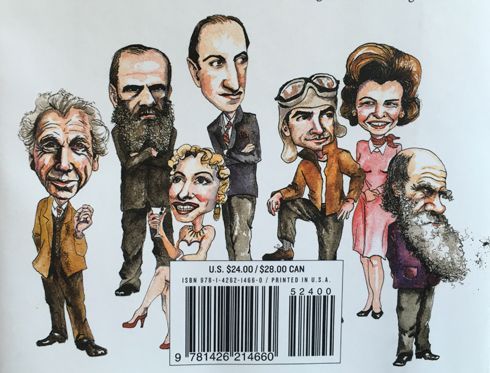
Left to right: Frank Lloyd Wright, Fyodor Dostoevsky, Christine Jorgensen, George Gershwin, Howard Hughes, Betty Ford, Charles Darwin
Take the research necessary before Kalb would label Frank Lloyd Wright with narcissistic personality disorder. In her sources she lists 17 books including Wright’s own autobiography, 20 published articles and medical reports including Smithsonian and the Journal of Psychiatric Research 47, No. 10 (October 2013), 1363-69 , and five to six online sources including the transcript of Mike Wallace’s television interviews with Wright in 1957.

Taliesin West, Wright’s winter home in the Arizona desert
Let’s acknowledge the elephant in the room. Who had what? The 12 diagnoses Kalb establishes (from the meticulous research of a compulsive writer of the old school where everything had to be checked against separate sources) are listed here in their order in the book:
- Marilyn Monroe: Borderline personality disorder
- Howard Hughes: Obsessive-compulsive disorder
- Andy Warhol: Hoarding disorder
- Princess Diana: Bulimia nervosa
- Abraham Lincoln: Depression
- Christine Jorgensen: Gender dysphoria
- Frank Lloyd Wright: Narcissistic personality disorder
- Betty Ford: Substance abuse
- Charles Darwin: Anxiety. Possible irritable bowel disorder
- George Gershwin: Attention deficit hyperactivity disorder
- Fyodor Dostoevsky: Compulsive gambling
- Albert Einstein: Asperger’s end, autism spectrum
Kalb easily separates her subjects even though her process is somewhat similar: Start with an important anecdote in the person’s life; go back to the beginning, the birth and the family; discuss the illness with a specialist in the mental health field, review the person’s life and mention the death but sprinkle that chapter with the most marvelous anecdotes and quotations that somehow touch the person being reviewed.
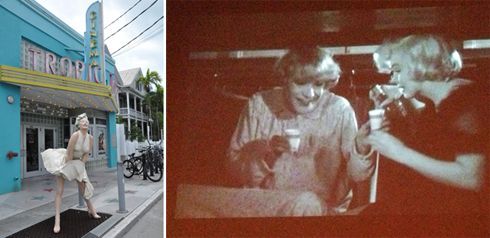
Whether it’s her scene portrayed from “The Seven Year Itch” (here photographed outside the cinema in Key West, Florida) or from “Some Like It Hot” (projected on a wall in the Mundaka Restaurant in Carmel-By-The-Sea, California) Marilyn Monroe is easily recognized
I had missed some subtleties in my early life in the United States. I was too busy as a country doctor in a small town without an emergency room or hospital in rural Texas in May 1962 to notice America’s big city extravaganzas. But I can accept, now, Kalb’s belief that Marilyn Monroe’s “Happy 45th Birthday” paean to the president at Madison Square Garden was “perceived by some as a public airing of Monroe’s alleged sexual relationship with JFK.” And she reminds us Kennedy thanked the actress by saying, “I can now retire from politics after having had ‘Happy Birthday’ sung to me in such a sweet, wholesome way.”

The Lincoln memorial, perhaps the most heart-rending in Washington, DC
The quotations are where Claudia Kalb shines. Today’s bloggers and amateur authors are forever placing bland even trite comments within quotation marks as if the punctuation marks give them some gravitas. Kalb, however, excels in how she uses quotations to enhance a scene. She tells us for example, Howard Hughes’ biographers Bartlett and Steele said he, “created his very own mental institution — his very own asylum,” and how Andy Warhol’s oxidation process was described by Christie’s auction house as a medium of copper metallic pigment and urine on canvas.” She quotes Abraham Lincoln’s former law partner as saying, “His melancholy dripped from him as he walked,” and she discovers how Christine Jorgensen saw the legacy of her gender change operation: “I found the oldest gift of heaven – to be myself.”
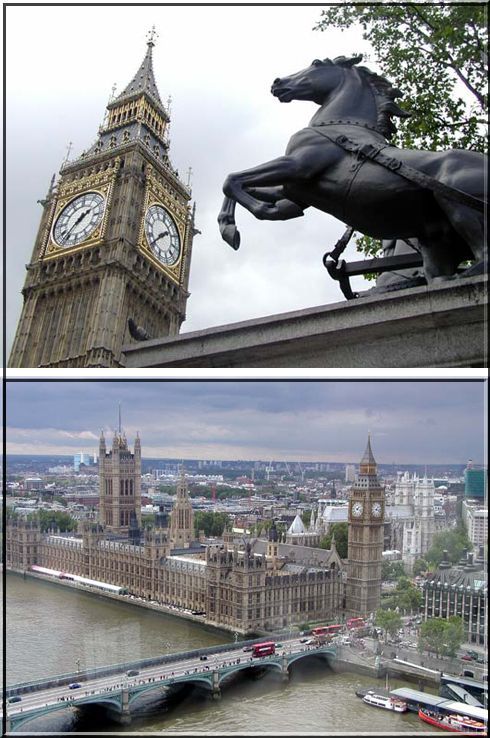
London, where Princess Diana truly was beloved
And what about the fairy princess, Britain’s beloved Princess Diana? Celebrated television commentator Jonathon Dimbleby, who wrote the definitive biography of Prince Charles, makes the point that on Princess Di’s wedding day her tiny bodice and waist were not “the attributes of a princess but evidence of a serious sickness.” On her honeymoon Diana, (who later became very honest about her health problems and encouraged people with bulimia to seek help) wrote she was bulimic, sick four times a day and she describes her life as having a “regular pattern to jump into the fridge.”
Author Kalb’s captivating quotations extend to Einstein’s, “If I were to start taking care of my grooming, I would no longer be my own self,” he once said. Any reply to his second wife Elsa shortly after their marriage when she advised him, “Change your socks regularly, otherwise they get large holes!” would not be very helpful because Einstein tended to go without socks even in winter.
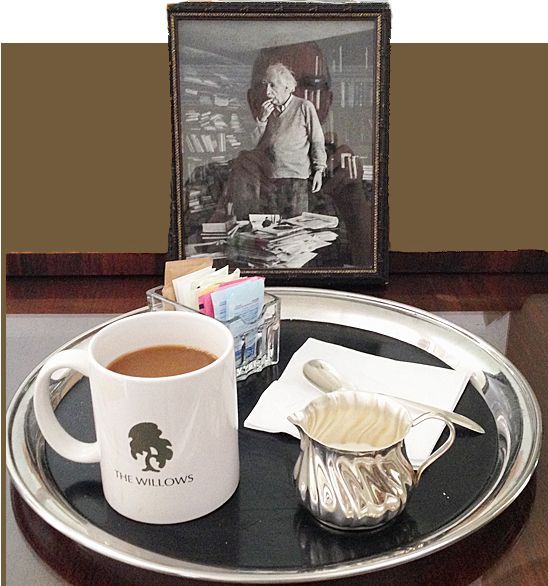
Kalb refers also to the studies of Dr. Ralph Colp, Jr, the Columbia psychiatrist who spent decades pouring over Darwin data to understand the naturalist’s issues. Darwin wrote to John Stevens Henslow, the young professor of botany who had invited him on the Beagle scientific cruise saying the anticipation was increasing his apprehension. “I look forward even to sea sickness with something like satisfaction. Anything must be better than this state of anxiety.”
Darwin, with his polysymptomatic and perhaps hypochondriacal history, is the most complicated of all the medical histories Kalb discusses. His father, a prominent and wealthy physician, sent him to my medical school in Edinburgh way back in 1825. There he showed a phobia for blood, worse than that of fictional TV Doc Martin that made him quit his medical studies after two terms. I remember a lecturer in Edinburgh saying the school records show that Darwin, though a hugely popular lecturer all over Britain, could not accept a guest lecture assignment if the train compartment he expected to travel in did not have a corridor and thus a toilet. The woes of irritable bowel syndrome.
Writer Fyodor Dostoevsky’s father was also a physician. He was born in Moscow in 1821. “His forebears,” says Kalb, “once belonged to the great Lithuanian nobility but the family had fallen on hard times before Fyodor arrived on the scene.” His father wanted him to be an engineer but Dostoevsky wanted to be a writer and indeed Freud has said, “The Brothers Karamazov is the most magnificent novel ever written.” Dostoevsky regarded his father as an easy resource for his gambling disorder but the father finally died impoverished.
Physicians probably remember Einstein died aged 76 of a ruptured aortic aneurysm. Dostoevsky died aged 59 of a pulmonary hemorrhage. Gershwin, sadly so young at 38 died during surgery for a brain tumor. Darwin died aged 73 during an attack of angina. Betty Ford, bless her, died of natural causes at the age of 93, one of the finest of all our First Ladies. Wright died of a bowel obstruction aged 91. Jorgensen died in1989 aged 62 of bladder and lung malignancy. Lincoln was assassinated aged 65. Princess Diana’s automobile accident in 1997 took her at the age of 36. Warhol died in 1987 aged 58. Hughes died in Mexico at the age of 70 hooked on drugs with seizures and dehydration and weighing 93 pounds. Monroe famously died of drug overdose at the same sad age as Princess Di: 36.
When I relocated to San Diego in 1985 I inherited many geriatric, mostly female, patients. A pediatrician in our group and I noticed the parallels of his patients’ problems and mine. “Our patients have similar needs,” he said, “But yours have blue hair!”
I recall one of my first such elderly ladies. She was clearly depressed and sleeping poorly. She showed me her bottle of secobarbital sodium. I felt this was inappropriate for her and a low dose of amitriptyline would be preferred.
“I think you will find this pill called Elavil will work much better,” I said. “I don’t want you taking this little red pill, Seconal. Older patients can’t handle barbiturates. This is the pill Marilyn Monroe took for sleeping and she apparently became confused, and the night she died, kept taking more.”
My patient seemed to understand and I heard her go through the waiting room telling all the patients there: “Dr. Anderson was Marilyn Monroe’s doctor and he gave her the wrong sleeping pill — and it killed her!”
Artwork by publisher, Photography by author.
The Andersons, who live in San Diego, are the resident travel & cruise columnists for Physician's Money Digest. Nancy is a former nursing educator, Eric a retired MD. The one-time president of the New Hampshire Academy of Family Physicians, Eric is the only physician in the Society of American Travel Writers. He has also written five books, the last called The Man Who Cried Orange: Stories from a Doctor's Life.
